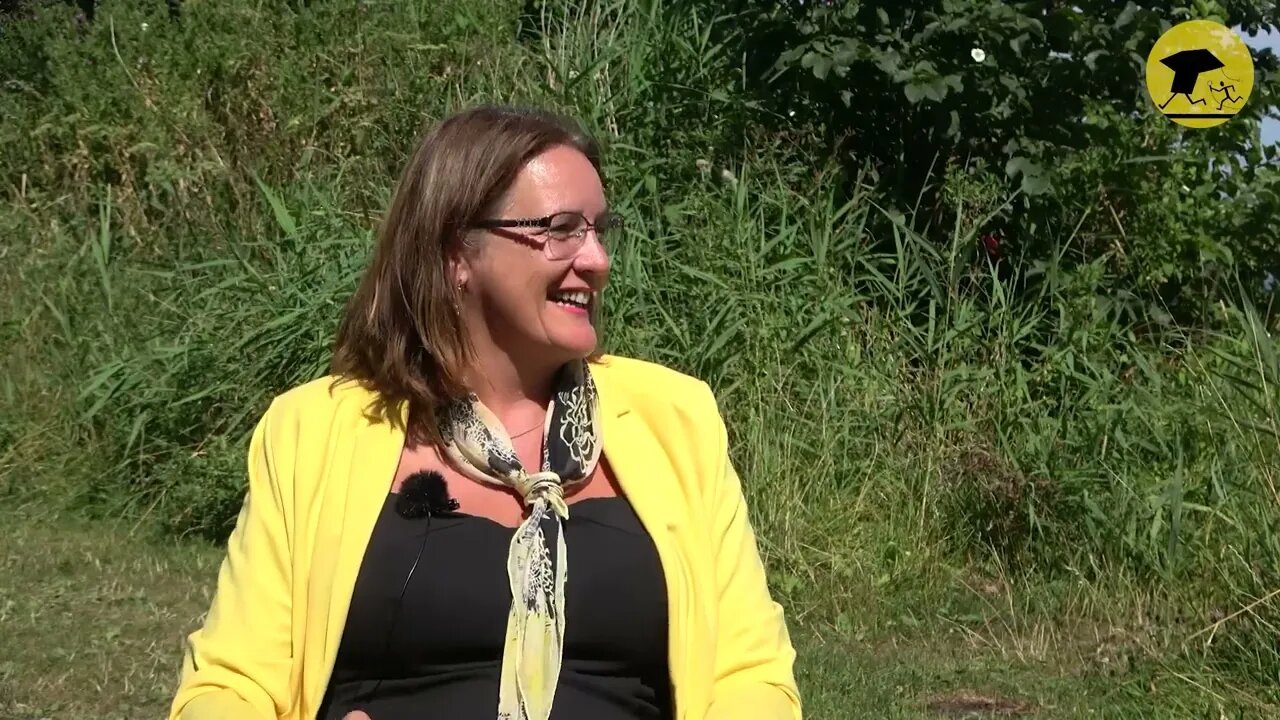Premium Only Content

Follow the Science - episode 3, Cognitive Dissonance
Cognitive dissonance occurs when a person has two contradicting cognitions (e.g., “I smoke a lot and I like to continue doing this” and ”smoking is bad for my health”). This causes an uncomfortable feeling. People can choose to solve this and engage in cognitive dissonance reduction in two ways: (1) by changing their attitude (“conclude that research on smoking is inconclusive” or “my uncle was very old when he died and he smoked a lot”), or (2) by changing their behavior (quit smoking).
This is part 3 in a series of short conversations about behavioral manipulation and how to deal with it. https://www.youtube.com/playlist?list=PLfS_7Xe5C4IXVBMv7P2YsZDbjwDd2ryBZ
Most people experience conflicting cognitions from time to time, often between short term rewards and long-term adverse consequences. These can for instance be about health and pleasure, eating unhealthy or smoking may give short-term rewards but these often have long-term adverse consequences. People who do not want to give up their habits (or sometimes their world-view) will be inclined to rationalize their actions, for instance by remembering a family member who lived to be 82 with an unhealthy habit such as smoking a lot.
In this film, prof. Schippers explains what it is, how you can recognize it and will give tips on how you can try to optimize decisions in your life.
Follow the Science website https://followthescience.nl/psychology-in-practice/cognitive-dissonance
Write your own Letter to the Future:
https://www.greatcitizensmovement.org/about-letters-to-the-future/
-
 3:34:45
3:34:45
TimcastIRL
4 hours agoCandace Owens Implies TPUSA KILLED Charlie Kirk, Claims Failed Bibi Deal Cost MILLIONS | Timcast IRL
193K119 -
 LIVE
LIVE
SpartakusLIVE
5 hours agoTrios w/ The BOYS on WZ and then we're teaching Jean ARC RAIDERS
1,163 watching -
 2:55:52
2:55:52
SOLTEKGG
3 hours agoLIVE - NOT LOSING A MATCH - NEW PC - !pc
16.8K2 -
 LIVE
LIVE
ThatStarWarsGirl
3 hours agoTSWG LIVE: Stargate Is BACK! EFAPing Michael Shanks Interview with GUEST!!!
239 watching -
 LIVE
LIVE
MissesMaam
4 hours agoStardew Co-Op 💚✨
47 watching -
 1:32:46
1:32:46
Glenn Greenwald
5 hours agoHillary Blames TikTok for Anti-Israel Sentiment; MAGA Sycophants Gain Pentagon Press Access; Who Should Win Anti-Semite of the Year? See the Top 10 Finalists | SYSTEM UPDATE #552
109K88 -
 56:12
56:12
Flyover Conservatives
22 hours ago100% Chance the Grid Fails: Why No One Is Fixing It (and How Easy It Is) - Tommy Waller | FOC Show
19K4 -
 LIVE
LIVE
JDubGameN
4 hours agoStarlink Network Test Stream! | Road to 100 Followers
256 watching -
 2:17:31
2:17:31
The Daily Signal
7 hours ago $5.22 earned🚨BREAKING: Tennessee Congressional Election Results, Minneapolis Police to "Intervene" Against ICE,
24.8K6 -
 1:52:47
1:52:47
megimu32
3 hours agoON THE SUBJECT: Christmas Vacation Is UNTOUCHABLE!
14.8K4